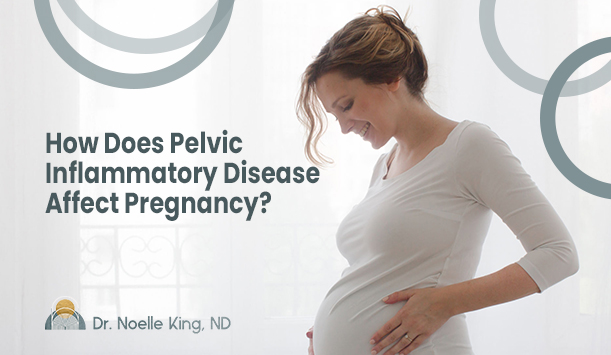
Pelvic Inflammatory Disease (PID) is a condition that affects women of reproductive age. You might have heard of it before, but do you know how it affects pregnancy? In this article, we’ll cover the signs and symptoms of PID, what causes it, and how it affects pregnancy.
What Is Pelvic Inflammatory Disease?
Pelvic Inflammatory Disease (PID) is a condition that affects the organs and tissues of the female reproductive system. The most common symptoms of PID include abdominal pain and discomfort, often in the pelvis or lower abdomen; this may be accompanied by fever, increased vaginal discharge, and pain on urination or bowel movement.
A quick check-up in any of the nearest women’s healthcare clinic of Oregon will be able to confirm the condition and start treatment.
What Are The Common Causes Of Pelvic Inflammatory Disease?
Bacteria from the vagina or cervix entering the reproductive organs is cited to be the primary cause for PID. The bacteria are usually transmitted through sexually transmitted infections such as gonorrhea or chlamydia. However, STIs are not the only cause. Other reasons include IUD (Intra-Uterine Devices), Douching, and unhygienic practices that encourage bacterial growth. Portland women’s health specialists can help you choose the right hygienic practices to prevent PID.
How Does Pelvic Inflammatory Disease Affect Pregnancy?
To begin with, PID makes it harder for women to get pregnant. Scarring of the uterus due to PID can lead to infertility. In some cases, the scarring is so severe that it causes the fallopian tubes to become blocked, resulting in tubal infertility.
It also increases the risk of ectopic pregnancy, which occurs when the fertilized egg implants outside of the uterus. Ectopic pregnancies can result in severe, life-threatening bleeding and necessitate immediate medical attention.
Gynecologists in Portland also talk about Tubo-Ovarian Abscess: A painful, swollen, pocket of infection in the pelvis, though not very common, can lead to severe complications if not treated promptly.
Pelvic Inflammatory Disease – Treatment & Prevention
The sooner you treat it, higher are the chance for complete recovery. The mainstay of treatment is antibiotics. Severe infection might need hospitalization for intravenous antibiotics. Pelvic pain is treated with painkillers and bed rest.
PID can be prevented with the following precautions –
Practicing safe sex – Use condoms or other barrier methods to prevent infection. Limit the number of sexual partners to help reduce risk of infection.
Discuss contraception options with your women’s care specialist – Some of the contraceptives are not effective in preventing PID. Barrier method of contraception is the best way to prevent infection.
Get regular health checks – Visit your nearest women’s healthcare clinic of Oregon or any of the Portland women’s health clinic for regular checkups. Regular checkups will help you detect any problems early and also help you to understand your health care needs.
Request your partner to get tested too – If you have PID or an STI, advise your partner to get tested too. This prevents further spread of the infection and reduces risk of PID.
If you experience symptoms of PID, visit your nearest Portland obstetrics & gynecology clinic for a diagnosis. The doctor will advise you the best treatment for your condition.
PID is treatable and can be cured completely; timely treatment is the key. Consult expert women’s care specialists in Portland who can suggest the best treatment for you. Dr. Noelle King is one of the leading gynecologists in Portland, specializing in women’s health. Scheduled an appointment today for a complete health checkup.

Recent Comments